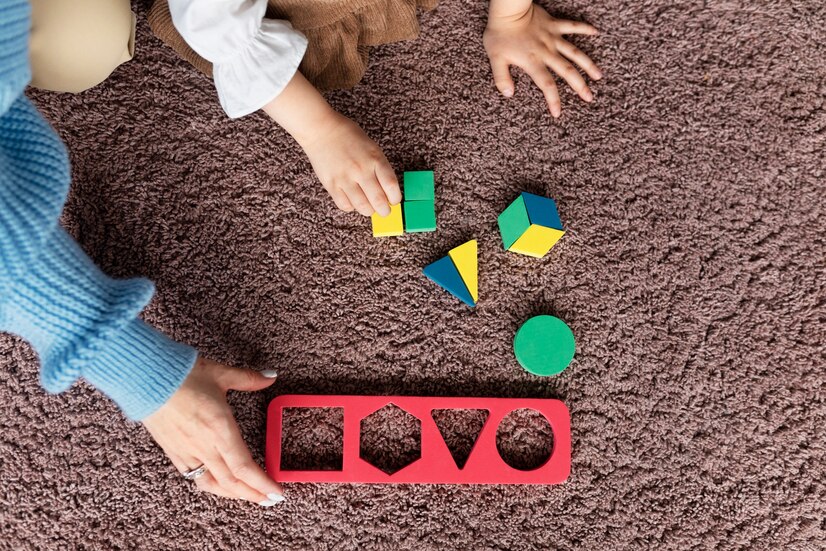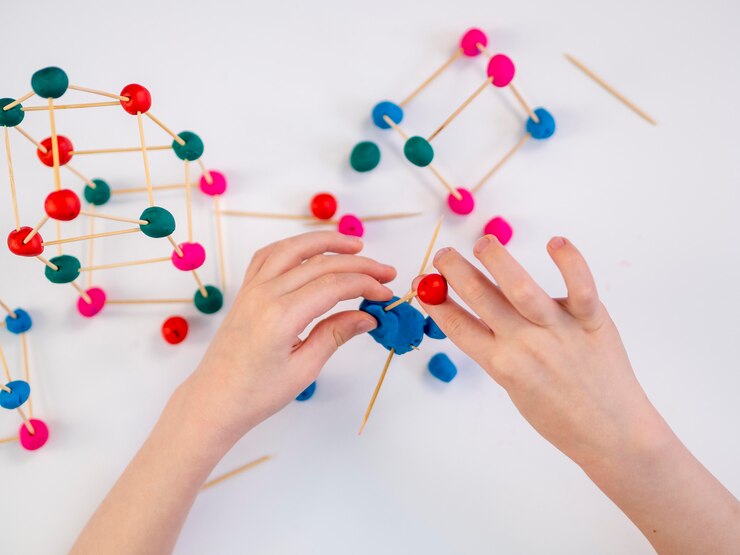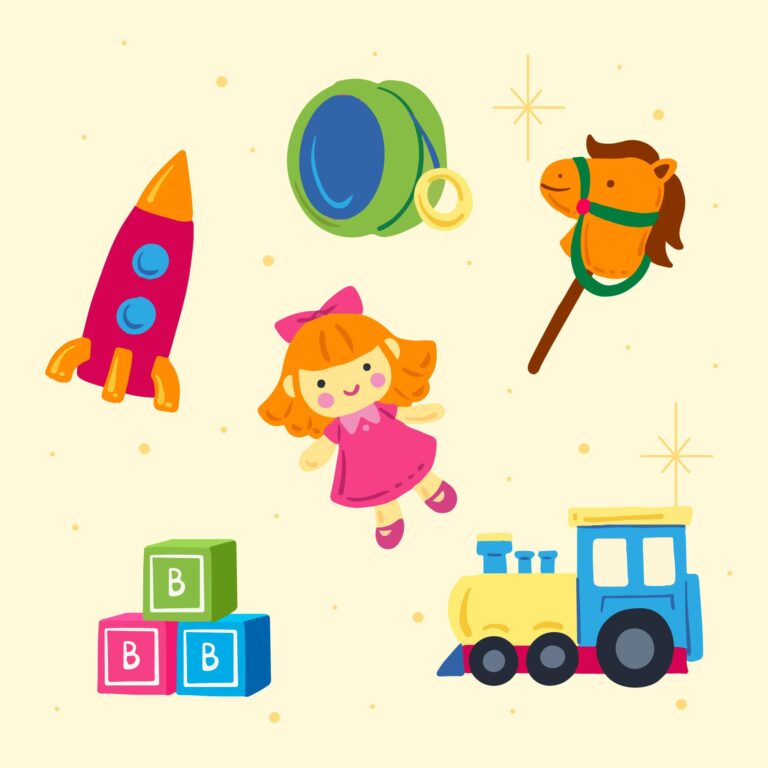Fun and Educational Activities for Toddlers
Keeping toddlers entertained and engaged is both a joy and a challenge. At this stage of development, their curiosity knows no bounds, and every activity can be a learning opportunity. Here are some creative and educational activities for toddlers that can help foster their cognitive, motor, and social development.
1. Sensory Play
Sensory play engages a toddler’s senses—touch, smell, sight, sound, and even taste. These activities are not only fun but also help develop fine motor skills and stimulate brain development.
- Sensory Bins: Fill a container with materials like rice, beans, water beads, or sand. Add toys, spoons, and cups for scooping and pouring.
- Playdough Fun: Provide soft playdough in different colors and tools like rolling pins and cookie cutters. This enhances creativity and strengthens hand muscles.
- Water Play: Use a tub with water, sponges, cups, and floating toys for splashing fun. Add a drop of food coloring for extra excitement.
2. Art and Craft Activities
Art and crafts encourage creativity and fine motor development.
- Finger Painting: Use non-toxic paints and let toddlers explore colors by making handprints or simple shapes.
- Sticker Play: Provide a variety of stickers for toddlers to peel and stick on paper. This simple activity enhances hand-eye coordination.
- Collage Making: Let them glue bits of paper, fabric, or leaves onto a larger sheet to create their masterpiece.
3. Outdoor Activities
Fresh air and outdoor exploration are crucial for toddlers’ health and well-being.
- Nature Walks: Take them on a walk to collect leaves, pebbles, and flowers. Discuss colors and shapes as you go.
- Chalk Art: Let your toddler draw on the sidewalk with colorful chalk. This is great for improving grip and unleashing creativity.
- Obstacle Courses: Set up a simple course with household items like cushions, chairs, and hoops to encourage climbing, crawling, and jumping.
4. Music and Movement
Music and movement activities are excellent for developing motor skills and rhythm.
- Dance Party: Play their favorite tunes and dance together. Encourage them to try clapping, jumping, or spinning to the beat.
- Homemade Instruments: Create shakers with rice-filled bottles or drums using pots and spoons. Let them explore different sounds.
- Musical Chairs: Even toddlers can enjoy a simplified version of this classic game.
5. Imaginative Play
Pretend play enhances creativity, language skills, and social understanding.
- Dress-Up Time: Provide costumes or scarves for role-playing as animals, superheroes, or other characters.
- Mini Kitchen: Use toy food and utensils to let them “cook” meals for you.
- Stuffed Animal Hospital: Set up a pretend clinic where they can “treat” their stuffed toys.
6. Storytime and Language Activities
Reading and language games help build vocabulary and instill a love for stories.
- Interactive Storytime: Choose books with textures, flaps, or sounds to make reading interactive and engaging.
- Name the Object: Point to objects around the room and encourage your toddler to name them.
- Rhyming Games: Sing rhymes or make up silly rhymes together to improve phonemic awareness.
7. Building and Construction
Building activities encourage problem-solving and spatial awareness.
- Block Towers: Use wooden or foam blocks to build towers. Let them experiment with balance and stability.
- DIY Forts: Create a fort using cushions, blankets, and chairs for a cozy and imaginative play area.
- Shape Sorters: Toys that require matching shapes to the correct slots are great for cognitive development.
8. Science Exploration
Even toddlers can enjoy simple science experiments that spark curiosity.
- Color Mixing: Use food coloring and water in clear containers to mix colors and see the results.
- Ice Excavation: Freeze small toys in a block of ice and give them tools to “rescue” the toys.
- Floating and Sinking: Test various objects in a tub of water to see which ones float or sink.
9. Gross Motor Activities
These activities help toddlers burn energy while improving coordination.
- Ball Games: Play catch, kick, or roll a soft ball back and forth.
- Bubble Chasing: Blow bubbles and let them chase and pop them.
- Animal Walks: Pretend to walk like different animals—waddle like a penguin, hop like a frog, or crawl like a crab.
10. Household Helper Activities
Toddlers love to imitate adults, so simple chores can be fun and educational.
- Sorting Laundry: Let them sort clothes by color or match socks.
- Wiping Surfaces: Give them a damp cloth to clean tables or windows.
- Cooking Together: Involve them in safe tasks like stirring, sprinkling toppings, or washing vegetables.
Tips for Toddler Activities
- Safety First: Always supervise activities, especially those involving small objects, water, or outdoor play.
- Age-Appropriate Tools: Use non-toxic, toddler-safe materials and toys.
- Follow Their Lead: Pay attention to what captures your toddler’s interest and expand on it.
- Keep It Simple: Toddlers have short attention spans, so keep activities brief and straightforward.
Why Activities Are Important for Toddlers
Engaging in these activities helps toddlers develop crucial skills such as fine and gross motor abilities, problem-solving, and social interaction. More importantly, it nurtures their sense of wonder and joy in learning about the world. With a mix of structured and unstructured play, you can create a balanced environment where your toddler thrives.
By incorporating these activities into your daily routine, you’ll not only keep your toddler entertained but also foster a strong foundation for lifelong learning.




